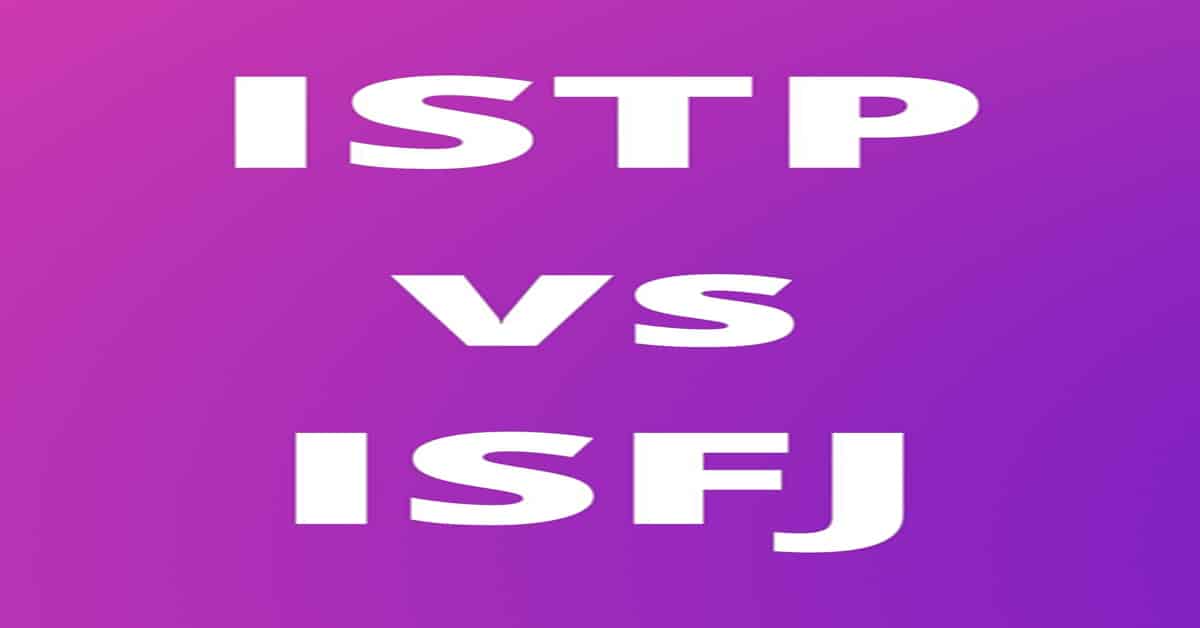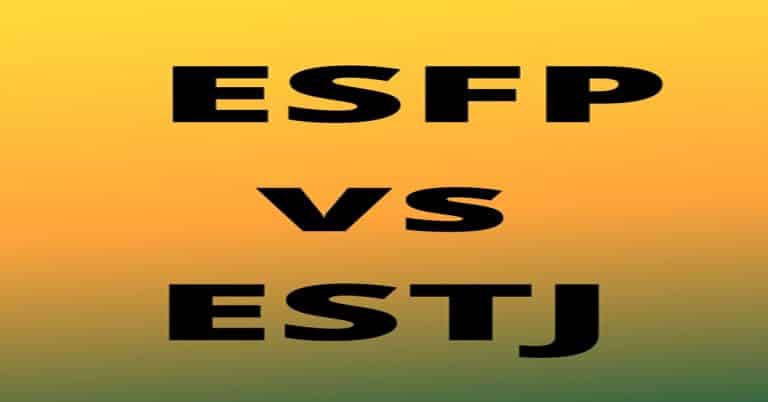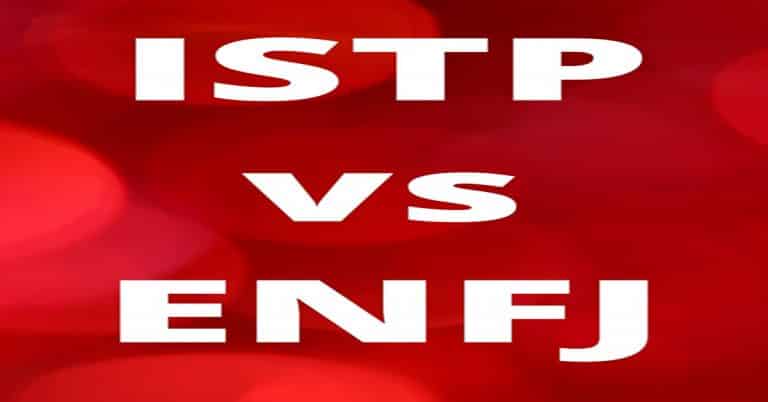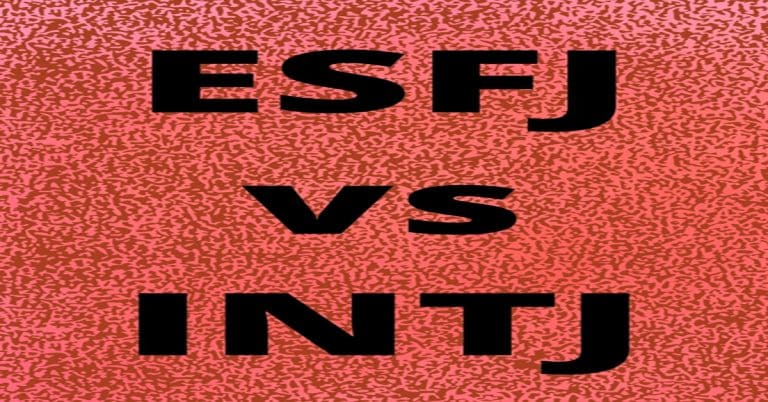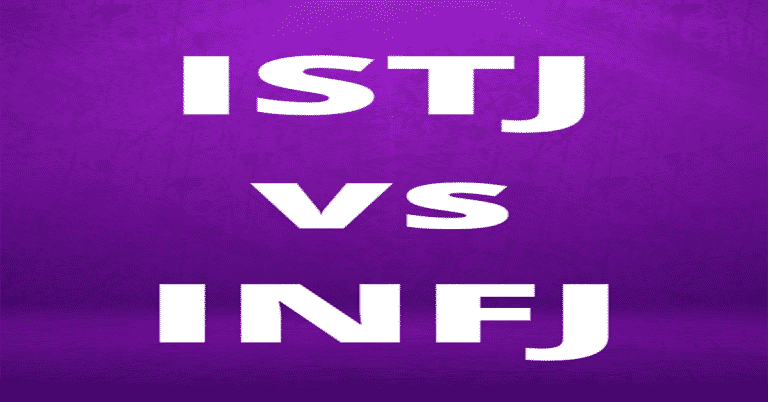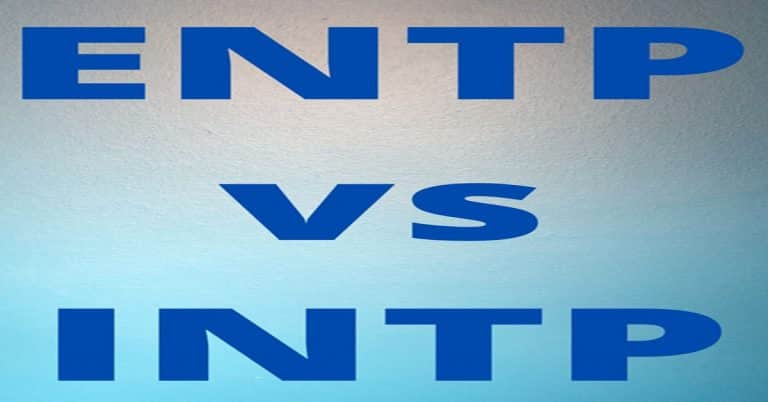ISTP vs ISFJ
All About Compatibility and Differences In Characteristics
Once people take MBTI and find out their personality types, the question arises of which personality from Myers-Briggs’ 16 types they are compatible with. Although ISTPs and ISFJs share only two dispositions, they are mostly compatible either in romantic or other kinds of relationships. That’s why we decided to discuss ISTP vs ISFJ and point out the main differences between them.
While both these personality types are Introverted (I) and Sensing (S), meaning that they are realistic and self-reserved people who focus on the present, the other two human functions make drastic differences. Specifically, ISTPs are Thinking (T) and Perceiving (P) people, consider everything objectively, and adapt to new situations quite easily. On the other hand, ISFJs have Feeling (F) and Judging (J) traits which means that they are sensitive and like to plan everything in advance. Let’s compare these two personality types and point out key differences between them.

ISTP: Brief Review
ISTPs or the Crafters as they are usually called, are flexible people, open to challenge themselves with new experiences. These people always look for freedom and want to become independent since childhood. They rarely depend on anybody but are very reliable themselves. Due to being introverts, they enjoy spending time alone, thinking about their inner world and future plans.
ISTP is one of the most common types of MBTI personalities, especially among men. Usually, they live a fast-paced life and enjoy risky activities. The reason is that they seek new adventures and getting involved in something dangerous is vital for their physiological arousal. Also, they are very objective, rational, and practical. When there is a problem, they quickly identify the reason and start working on the solution immediately.
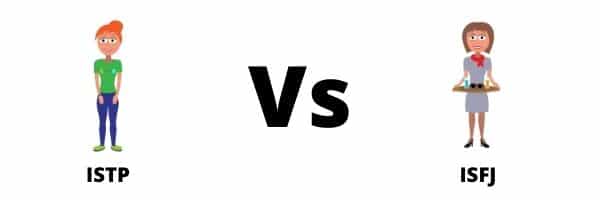
ISFJ: Brief Review
ISFJs are very reliable people, always ready to take care of their loved ones, like family, friends, or partners. Probably, that’s the main reason why they are called the Protectors. They find relationships essential for feeling happy and usually devote themselves to other people. The fact that they often put others’ needs before their own, can be a problem when it comes to achieving life goals.
ISFJs are observers naturally. They vitally need order and structure in work, relationships, and life, in general. They find it hard to adapt to new situations but it doesn’t mean that they don’t change at all. In fact, ISFJs work hard on themselves and try to get used to new situations and new people. But they prefer to have step-by-step instructions to avoid confusion and live a simple life.
ISTP vs ISFJ: Comparison of Main Characteristics
Both ISTPs and ISFJs are quiet people who avoid being at the center of attention. Even if they achieve success, they prefer to remain far from the spotlight because attention makes them feel uncomfortable. This means that they do have similar characteristics. However, when we review the values and attitudes of ISTP vs ISFJ, you will believe that there are more differences between them than similarities. Let’s see what they think about being leaders, falling in love, and what their main values are.
Leadership
ISTPs as Leaders
ISTPs are flexible leaders who bring practical solutions to every type of problem. Unlike the majority of leaders, they prefer to work independently, away from their team members. They do demand the work to be quickly and effectively done, though. Due to their creative thinking, when there’s a problem, ISTP leaders act immediately and find solutions easily.
ISFJs as Leaders
ISFJs are traditional leaders who believe that the work should be done responsibly. They determine duties for the team initially and demand them not to deviate from the path. Being a leader is not a comfortable situation for them. However, when they feel responsible to manage the team, they will do anything to achieve success. Most ISFJs are authoritative, loyal, and influential leaders.
Romance
ISTPs in Love
ISTPS are not considered very romantic people, however, they do think about relationships a lot. They prefer to be in long-term relationships but their partners should understand that they frequently need breaks to think about their future plans. ISTPs hate controlling partners who demand too much from the relationship. They are more focused on practical things rather than expressing feelings towards their loved ones.
ISFJs in Love
Just like ISTPs, ISFJs don’t fall in love very easily. That’s probably because they demand too much from their partners. ISFJs usually look for long-term partners and therefore, they examine all of their behaviors, characteristics, and thinking patterns very carefully. However, when they are in love, expressing love and warmth is not uncommon. They tend to buy gifts for their loved ones and show how much they appreciate them.
Values
ISTP – Logic and adventure
ISTPs value new experiences. They are adventurous people, ready to challenge themselves and take risks (sometimes just for entertainment). They are practical, though, and use logic instead of relying on emotions. They are completely rational and don’t let emotions get in the way.
ISFJ – Harmony and caring
ISFJs look for harmony in all areas of their life. They try to find the perfect balance between work and family and build ideal relationships. They believe that taking care of loved ones is the only way to find peace. As a result, they are kind, warm, and passionate lovers and friends.
Compatibility in Relationships
ISTP and ISFJ don’t really get along in most types of relationships. Although they share two personality types, they value different things and have completely different attitudes towards life. One area that they can be compatible with is work. Both ISTPs and ISFJs are hard workers, practical and organized, and therefore, they can be great co-workers.
But when it comes to friendship or love, they hardly feel any connection towards each other. As we saw in comparison of ISTP vs ISFJ, both of them prefer long-term relationships but ISTPs hate being controlled but ISFJs perceive their need for space as a lack of attention.
Final Words
All in all, it’s not very difficult to determine whether you’re an ISTP or ISFJ because there are plenty of differences between them. These personality types hate to be at the center of attention, are practical and down-to-earth people, but the differences in values, visions, and attitudes towards relationships make it hard for them to get along.

